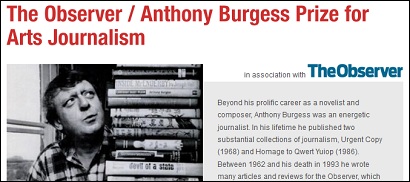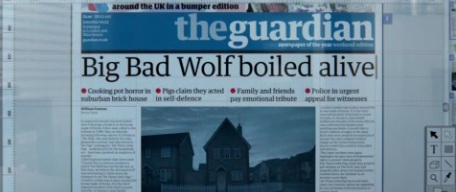Today the Guardian reports that ITV is under investigation by broadcast regulator Ofcom after news reporter Richard Pallot called black footballers “coloured” – while reporting on a racism in football summit held at No.10 Downing Street.
According to the Guardian:
ITV News apologised shortly after the broadcast on its Twitter page and the word has been removed from all future catchup editions of the broadcast, including an edited clip on the ITV News website.
The ITN-produced programme is now investigating how the pre-recorded report that included the word was allowed to be broadcast.
An ITV News spokesman said: “ITV News apologises for the inappropriate use of the word ‘coloured’ in a report on racism and football in today’s News at 1.30pm. We take this error very seriously and we regret any offence caused.”







